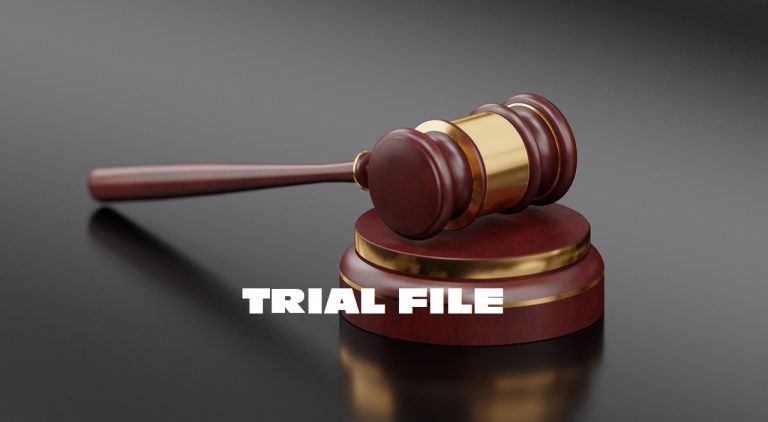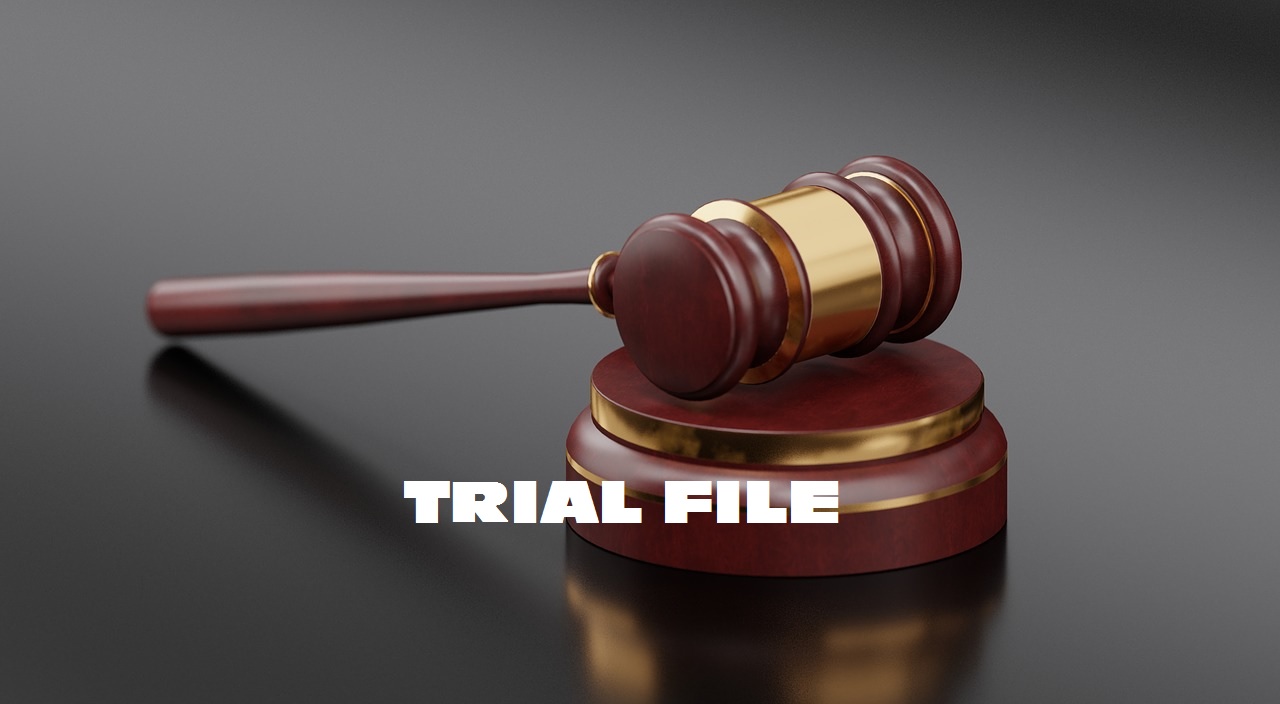SIOUX FALLS, SD – You receive an unsolicited message via text, email, or a social media messenger. The message explains that you’ve come into contact with someone who has tested positive for COVID-19. The message instructs you to self-isolate and provides a link for more information. Alarmed, you are tempted to click and get more details. But don’t fall for it. These links can contain malware that downloads to your device.
Another version of this scam involves a robocall claiming to be part of “contact and tracing efforts.” Again, the caller says an individual has been exposed to someone who tested positive for COVID-19. After electing to speak to a representative, the “contact tracer” asks to verify personal information. This starts with questions about a full name and date of birth, but can quickly move to Personally Identifiable Information (PII) and/or financial accounts. While contact tracers do normally reach out by phone, be sure to hang up if the caller doesn’t meet the guidelines described below.
Contact tracing is one of the oldest public health tactics with centuries of history. It is a system of discovering a person with a virus (or testing positively for it) and isolating that person to slow the spread. This is to keep them away from others and follow their line of contact in order to warn anyone who encountered them of the virus threat.
Legitimate tracers follow the pathogen from person to person, often creating an intricate web of potentially infected people, in order to warn those along that web of the danger. So, it is necessary to ask those individuals with whom they have had contact.
”There is nothing illegitimate about that process itself. Workers who do this are ethically bound to guard that information and to use it only for public health purposes,” stated Jim Hegarty, president and CEO of the Better Business Bureau serving South Dakota, Nebraskam, the Kansas Plains and Southwest Iowa.
Enter the scammer. No ethics necessary. Reports are coming in of fake contact tracers attempting to get at victims’ personal information for illegitimate purposes.
Two schemes have, so far, have been identified as favorites of scammers. (You can be sure others are out there as well.) Here are the most frequently reported:
The unsolicited surprise message – Through text, email or a social media messenger, an individual is told they have been in contact with a virus carrier. They are told to self-isolate and click on a link for more information. That’s the trap: don’t do it. Clicking on the link may download malware onto devices, opening up personal information to a criminal who will make use of it.
A robo caller claims to be part of a “contact and tracing effort.” After following prompts, an individual will be put in touch with a “representative” who claims to be a contact tracer. Under the guise of verifying personal information, they quiz people about their full name, date of birth and other information.
Contacting tracing is important and a vital part of the slowing of the pandemic. Legitimate contact tracers usually make contact by phone. It’s vital that individuals know how to recognize the difference between a real contact tracer and a scammer out to steal.
Contact tracers will identify themselves: The call should start with the tracer providing their name and identifying themselves as calling from the department of health or another official team. Contact tracing is normally done by phone call. Be extra wary of social media messages or texts.
A real contact tracer will never reveal the identity of the person who tested positive. If they provide a person’s name, you know it’s a scam.
Think the link may be real? Double-check the URL. Scammers often buy official-looking URLs to use in their cons. Be careful that the link is really what it pretends to be. If the message alleges to come from the local government, make sure the URL ends in “.gov” (for the United States). When in doubt, perform a separate internet search for the website.
It’s important that individuals cooperate with a legitimate contact-tracing representative and equally important that they not give information to a fake. For more information regarding contact tracing, contact BBB at (800) 649-6814 or visit bbb.org.












